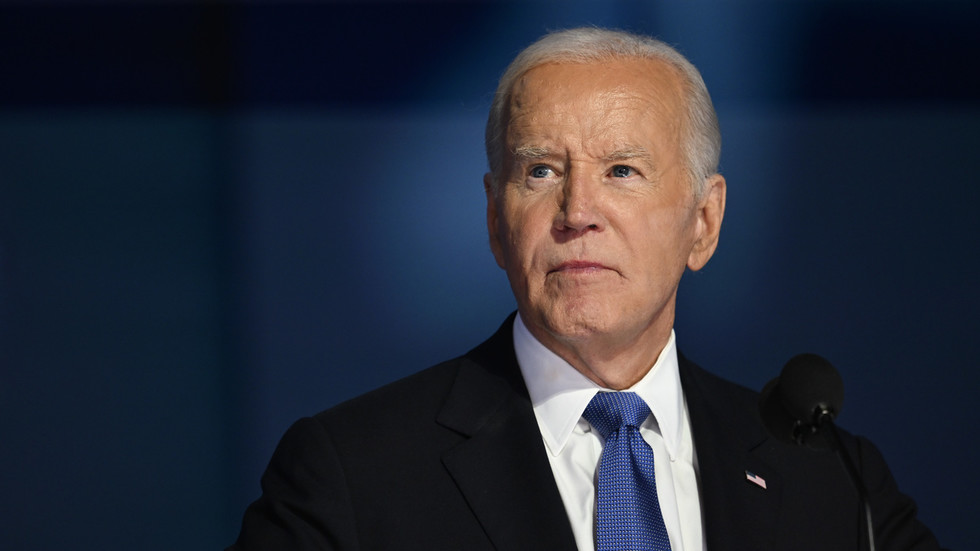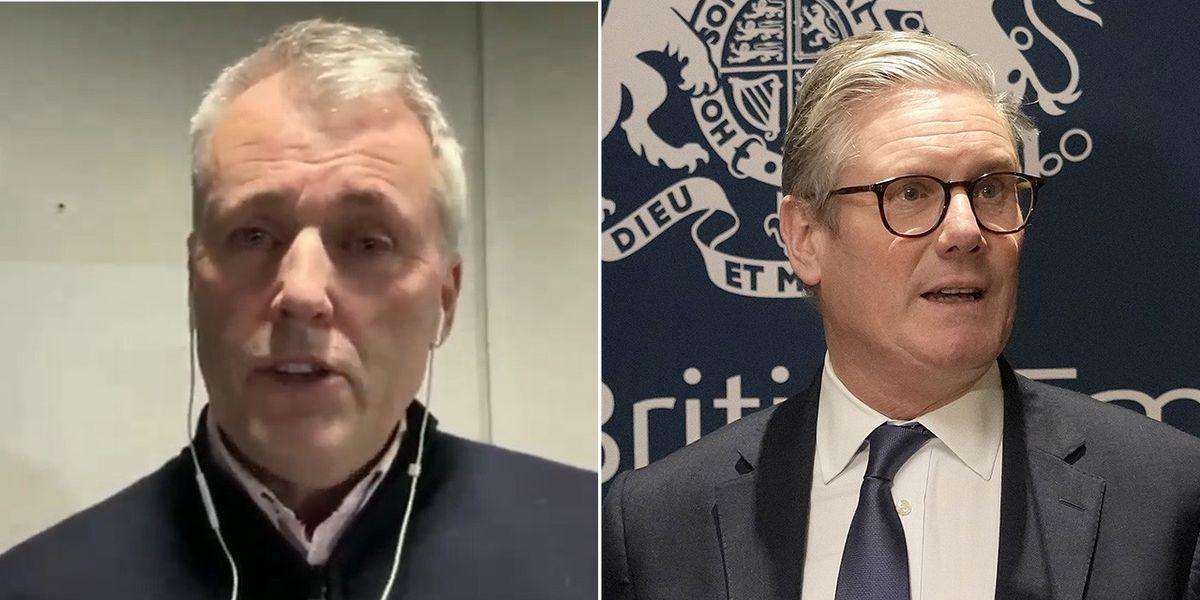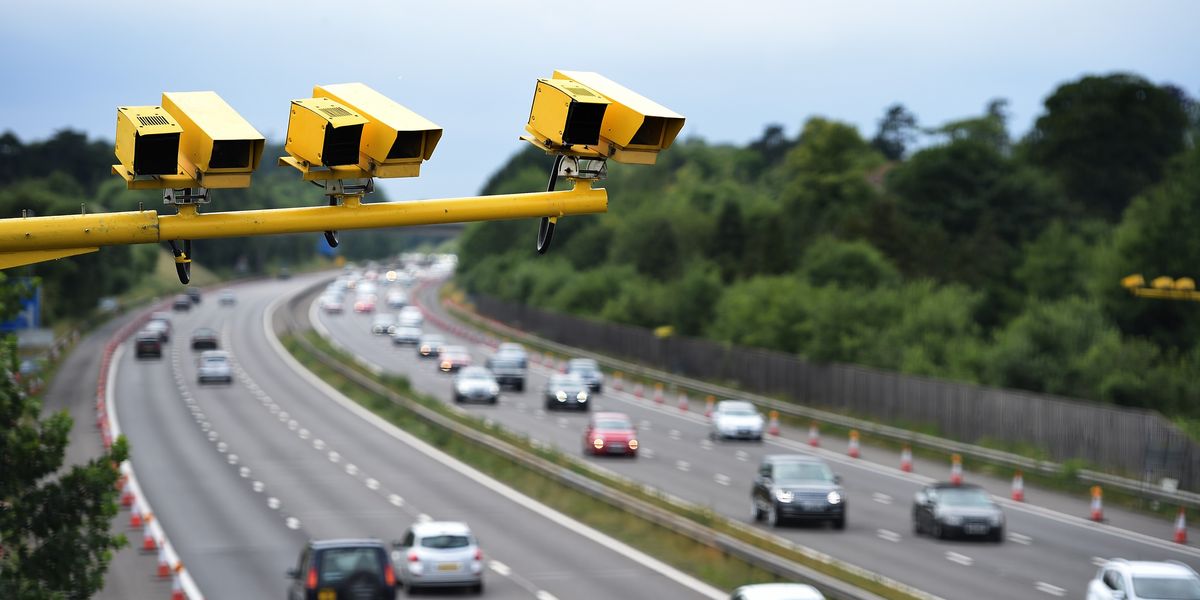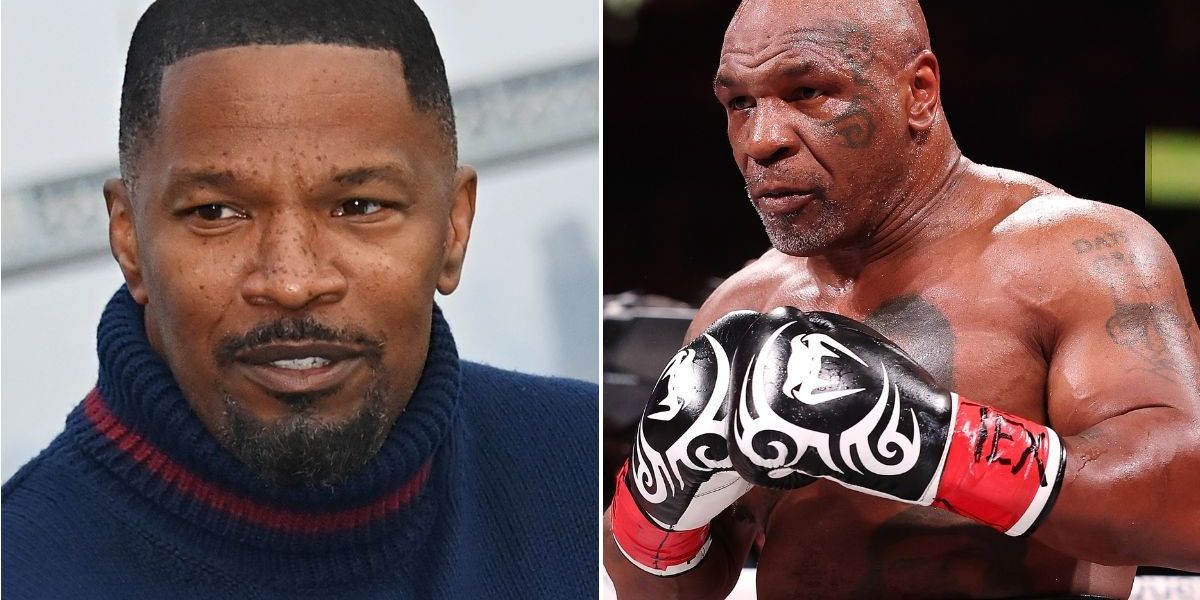America is on the dawn of a new era.
Soon Donald Trump will, for the second time, speak those sacred words, “I do solemnly swear that I will faithfully execute the Office of President of the United States and will to the best of my ability, preserve, protect and defend the Constitution of the United States.”
He will become the 47th President of the Republic, and only the second to serve two non-consecutive terms. In many ways his inauguration is an historic moment. His radical plans to deport millions of illegal migrants, reverse the woke ideological takeover of government and education, and to end foreign wars in the Middle East and Ukraine, could represent an end to the liberal era that began after the fall of the Berlin wall.
Trump is defined by his predecessors: Clinton, the Bushes, Obama and Biden are all cut from the same ideological cloth. All agree that immigration is a net positive, that diversity is a strength, that America should intervene abroad to impose its values on other nations, and that the rules based international order should be the default. In other words, all are globalists.
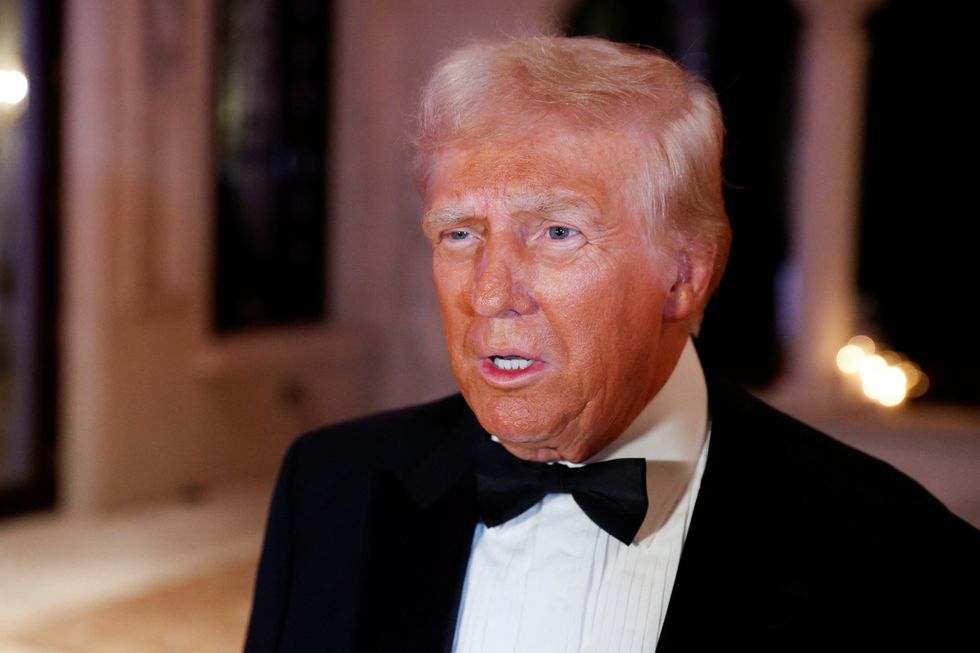
Donald Trump has positioned himself as a nationalist; Ready to defend America’s borders, bring back manufacturing jobs from abroad, impose tariffs where necessary, end DEI (Diversity, Equity, and Inclusion) programmes, and end American involvement in far away conflicts.
During the period between his resounding November election victory and today, Mr Trump has already racked up a series of wins. The ceasefire deal between Israel and Hamas, which will see a temporary end to fighting and the release of dozens of Israeli hostages (in return for many more Palestinian terrorists), is largely credited by diplomats to Mr Trump, who promised hell to pay if the hostages were not released before the 20th of January. The war in Ukraine, which Mr Trump promised to end on ‘day one’ of his term, appears to be heading towards its final stages.
Several heavyweight American institutions have ended many of their DEI programmes in recent weeks, including McDonald’s, the FBI and Facebook. The latter of which went further than merely ending diversity initiatives; Mark Zuckerberg announced a wholesale revolution to Meta, replacing fact-checkers with community notes and winding down complex censorship rules. Elon Musk and Mark Zuckerberg aren’t the only Big Tech billionaires to kiss Mr Trump’s ring in recent weeks. Amazon’s Jeff Bezos, Apple’s Tim Cook, and Google’s Sundar Pichai, among others, have all attempted to woo the new administration, whether through phone calls, donations or visits to Mar-a-Lago.
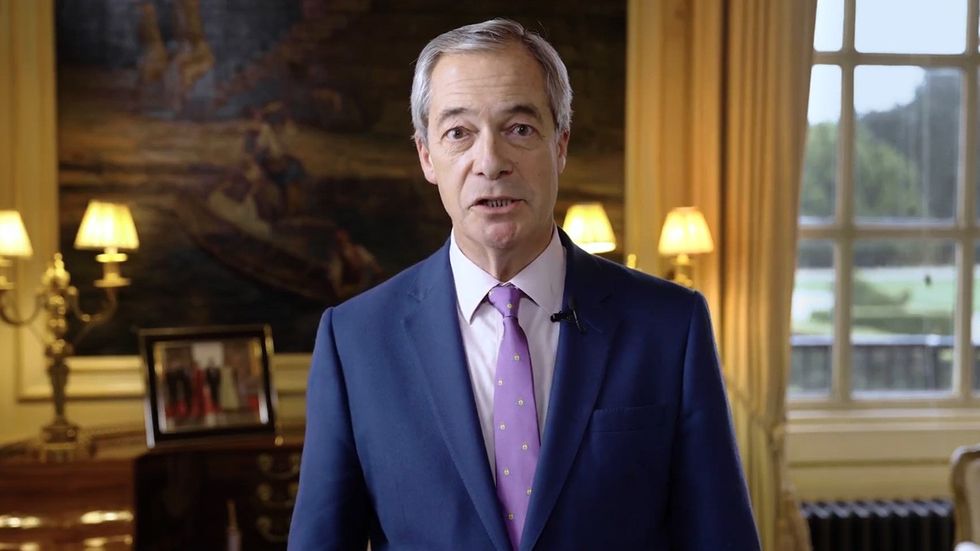
In 2016 Mr Trump won an accidental victory, one which shocked the world. He was unprepared to be President, and was tamed by many of his own appointees who worked furiously to undermine him and his MAGA agenda. Ten years later his victory is more absolute: The Republican party is solidly his party now, he has all three branches of elected government, and his second victory has forced a cultural shift away from liberalism.
Mr Trump is a strange vehicle for his brand of politics: A New York liberal celebrity who has previously supported the Democrats and many of their causes. Some on the Right question whether his views have changed significantly, and few see him as a purely ideological man.
They will be hawkishly watching whether he fulfils his promise to secure America’s borders and forcibly remove millions, perhaps tens of millions, of illegal aliens. The issue of legal migration is contentious too.
Like in Britain many conservatives feel there have been far too many immigrants allowed into the United States in recent years. They are wary of immigrants, particularly from poor third world countries, undercut wages, American culture and social cohesion. Mr Trump has broadly been supportive of legal migration, and whether this changes will be a key test of his second term.
For Britain, Mr Trump opens opportunities for the Right. He may veto the Chagos Islands deal, meaning Britain retains sovereignty over the territory and won’t hand over billions to Mauritius in a highly-contested deal.
Republicans have raised the alarm in Washington over Keir Starmer’s overzealous prosecution of people for their Facebook posts, and his refusal to hold a national inquiry into grooming gangs. Mr Trump could apply pressure on the prime minister through tariffs and other threats if he strays too far to the Left. Nigel Farage could be a big winner with his friend back in the White House. Unlike in 2016, Mr Farage represents a true electoral threat to both main parties in Britain, and having the President of the United States as an ally could be a significant advantage for the Reform leader.
The cultural reversals seen against DEI by US corporations will likely spread to Britain. As the woke revolution exploded out of America, its demise will probably likewise be replicated in the UK.
If Trump’s vision for America succeeds, it could mark the beginning of a broader nationalist resurgence, reshaping not only the United States but also the political and cultural landscape of the Western world for decades to come.

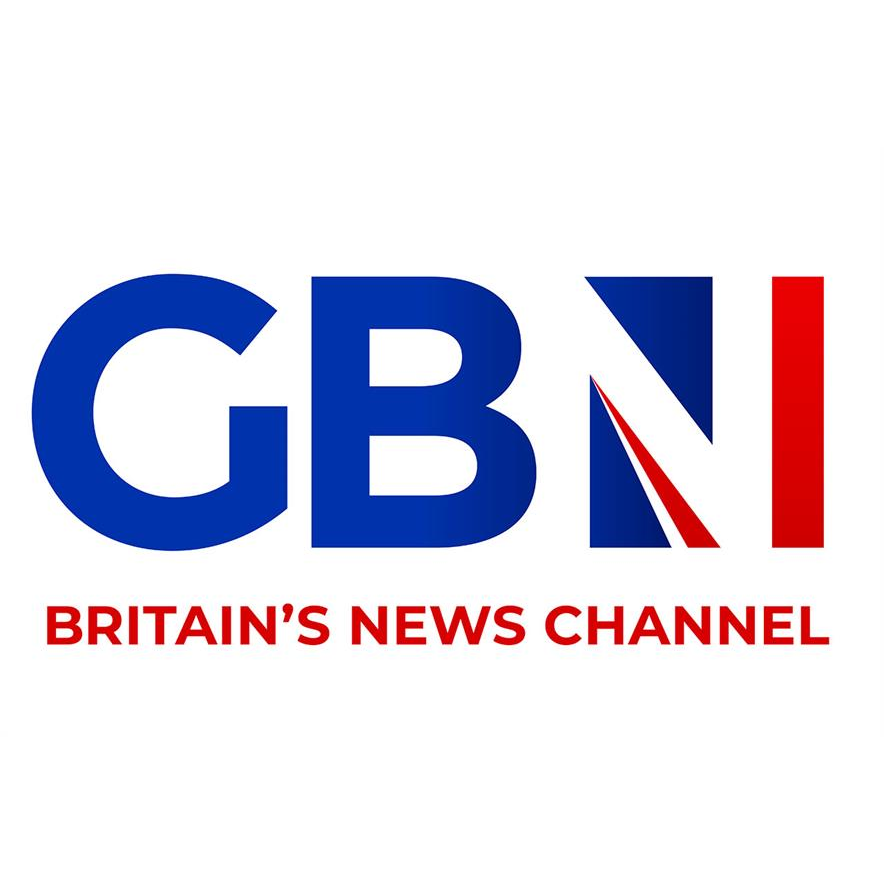 By GB News (World News) | Created at 2025-01-18 10:31:17 | Updated at 2025-01-18 12:57:44
2 hours ago
By GB News (World News) | Created at 2025-01-18 10:31:17 | Updated at 2025-01-18 12:57:44
2 hours ago
